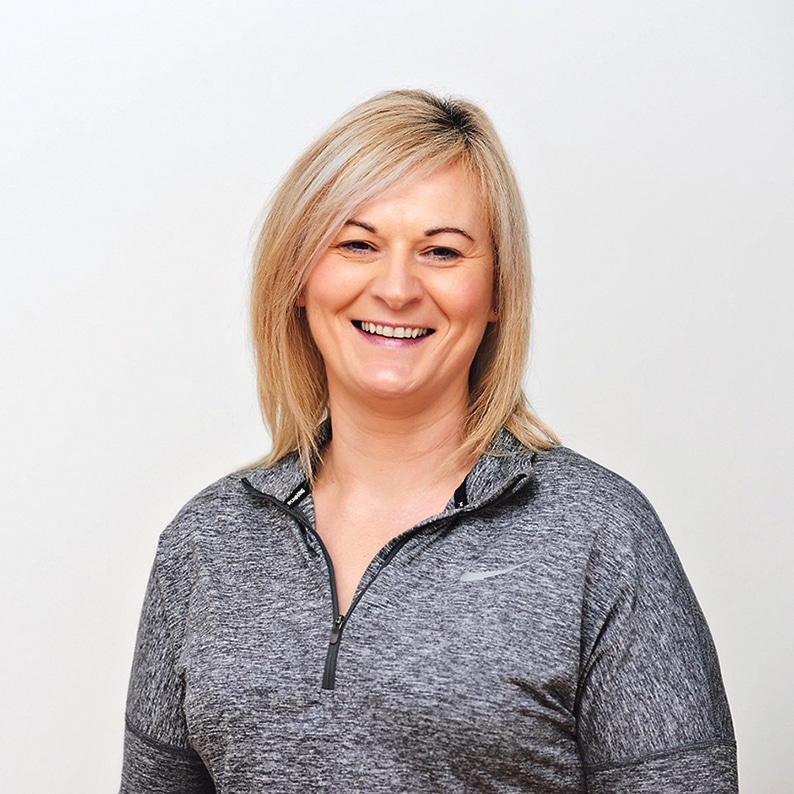There is no ‘end goal’ when it comes to practicing mindfulness meditation. When you learn the skills of compassion-based mindfulness and practice these skills regularly, it very much becomes a way of approaching, living, and enhancing your life. I was particularly struck recently, at the last session of an introductory mindfulness course, by the simplicity of feedback offered by one very lovely older gentleman. He reported that “It kind of crept up on me” and, even though he wasn’t quite sure how or why, he found himself “content and happier” at the end of the course. By showing up, in this case every week, and learning the introductory skills of compassion-based mindfulness, that is how to gently and kindly train the mind to come back to the present moment, there is potential to grow in happiness and contentment: Isn’t that just gold dust?
In my experience, we can begin to feel, as another participant described it, “happier in my skin” relatively quickly; but to sustain and continue to reap the benefits we need to cultivate our skills and our practice consistently and on an on-going basis. The practice is simple but anyone who practices mindfulness meditation will know that it is certainly not easy. In fact, no matter how long we have been practicing mindfulness meditation, it can be quite difficult to stay still and silent, as we get to know our own minds. Usually we prefer to move, or seek distraction outside of ourselves, often developing and deepening habits of distraction, for example, using music or noise to “drown out” our thoughts. Sooner or later, it is likely that we will notice that some habits, developed over the years, no longer work for us, or indeed, may have become detrimental to our happiness or contentment. This is where the compassion piece comes in, when we meet ourselves or our minds, as most of us habitually do, with self-judgement or self-criticism, we learn the skills to soften the way we relate to ourselves by applying self-compassion as a soothing, healing balm. Compassion-based mindfulness can also help us to soften how we relate to others, which is such an important skill for living our lives.
Mindfulness and compassion are often described as the two wings of the same bird and, to develop these attributes, we need skills training in both, as well as the practice of mindfulness in everyday life – it is not simply a case of either one or the other. In the course of my work, I have heard people make a distinction between meditation and what they describe as “my mindfulness”, and I remain curious about this interesting distinction. For me, one flows into the other – they are not so distinct. I would encourage us not to view mindfulness and meditation as so separate from each other but rather view them as very much complementing one other. The essence of the “formal” practice is to train the mind and strengthen our mindfulness skills, so we then have the capacity to apply our mindfulness skills in everyday life, by repeatedly bringing our minds back to the present moment when in the process of carrying out everyday activities. We practice mindfulness meditation formally by sitting, lying down, mindful walking or movement. The more ‘formal’ meditation we do, the more we can apply the skills of mindfulness and compassion to everyday life, and we grow and develop in ways which can support us when faced with very real and difficult challenges and situations.
If we have learned anything from the past year it might be the realisation that being human is not so easy at times, and that there are new joys and challenges that we are presented with every single day. When it comes to learning the skills of mindfulness and compassion, Professor Paul Gilbert, renowned for his work on compassion, uses the analogy of learning to swim, we do not wait until the water gets too choppy, we learn to swim when the waters are relatively calm. If you wish to dip your toes into the waters of compassion-based mindfulness, please do get in touch with me. It can be hard sometimes to begin or maintain a mindfulness meditation practice by yourself, so If you need some support to begin or to deepen your practice, I am always happy to help with any questions or queries.
My online meditation sessions via Zoom run consistently on Monday, Wednesday and Friday at 8pm, please do consider joining in, whether you have tried mindfulness meditation before or are new to it. These small group sessions are personal, down-to-earth, informal and donation based. Individual sessions are also available.
For more information on upcoming Summer outdoor workshops and online courses please like my Facebook page (Mindhaven) or feel free to get in touch by phone: 087 2700572 or by email: susanoreganmindfulness@gmail.com.



